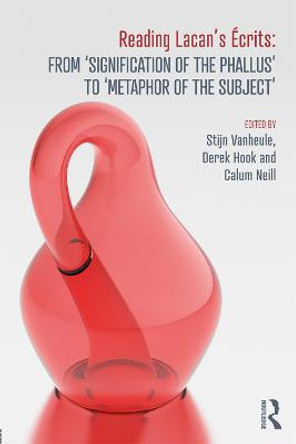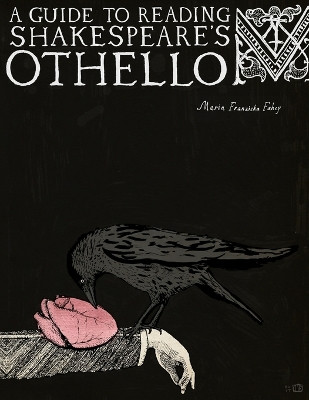Description
"Maria Fahey's provocative study of key metaphoric systems in six Shakespeare plays brilliantly demonstrates the embeddedness of metaphor in cultural, pragmatic, and historical circuits of meaning while suggesting how metaphors in performance can themselves motivate these very circuits. Grounded in a deep understanding of the theory of metaphor from Aristotle on, Fahey's exciting interpretations invert assumptions about what is literal and what figurative, what is native and what transported, by showing how words connected to a tissue of social discourses and performances become aware (even if their speaker is not) of the larger network of complicity within which the metaphor stands to account. This work is a rich resource for anyone interested in a discursive analysis of how Shakespeare's metaphors can become both figurative and performative at the same time." (Susanne Wofford, New York University) "Maria Fahey's Unchaste Signification, the first full-length study of Shakespeare and "metaphor" in nearly a quarter-century, is a remarkable achievement. Although Fahey acknowledges that each of the six (illuminating) chapters devoted to individual plays "may be read on its own," she (rightly) urges that they "will make more sense in conjunction" with the general discussion of metaphor that opens the book. This tenaciously-argued discussion is indeed central to everything that follows and is in itself an important contribution to scholarship: not only does it demonstrate how Ricoeur and other modern theorists have misunderstood the nature and function of metaphor in the sixteenth and seventeenth centuries, but also it shows, to use Fahey's words, "how the plays reveal metaphor's power to transform the speech communities they bring to life." Fahey, fully in command of the secondary and primary sources, writes with insight, clarity, and grace about very complicated matters. This impressive book will be of interest to scholars in general, not just to those who specialize in Shakespeare." (Edward Tayler, Columbia University) "This intelligent and penetrating book revisits the study of metaphor in Shakespeare, reading metaphor in the plays neither as imagery or ornament but instead as an unpredictable form of social action, powerful but not always positive, that can infiltrate speech communities by stealth and authorize unpredictable or irrational action. Bringing to light this performative dimension of metaphor, Fahey offers fresh readings of Shakespeare's plays." (Lynne Magnusson, University of Toronto)
About the Author
MARIA FAHEY is Chair of English at Friends Seminary in New York, USA. She has presented her work on Shakespeare and Spenser at conferences of the Modern Language Association, the Shakespeare Association of America, the International Society of the Study of Narrative, the New York Council for the Humanities, and the Institute for Psychoanalytic Training and Research.
Reviews
'...provactive...yet another addition to the growing scholarship on the subject of metaphor.' - Jay L. Halio, University of Delaware, Comparative Drama
'...a promising study...splendidly fresh and ingenious.' - Around The Globe
Book Information
ISBN 9780230251878
Author M. Fahey
Format Hardback
Page Count 192
Imprint Palgrave Macmillan
Publisher Palgrave Macmillan









